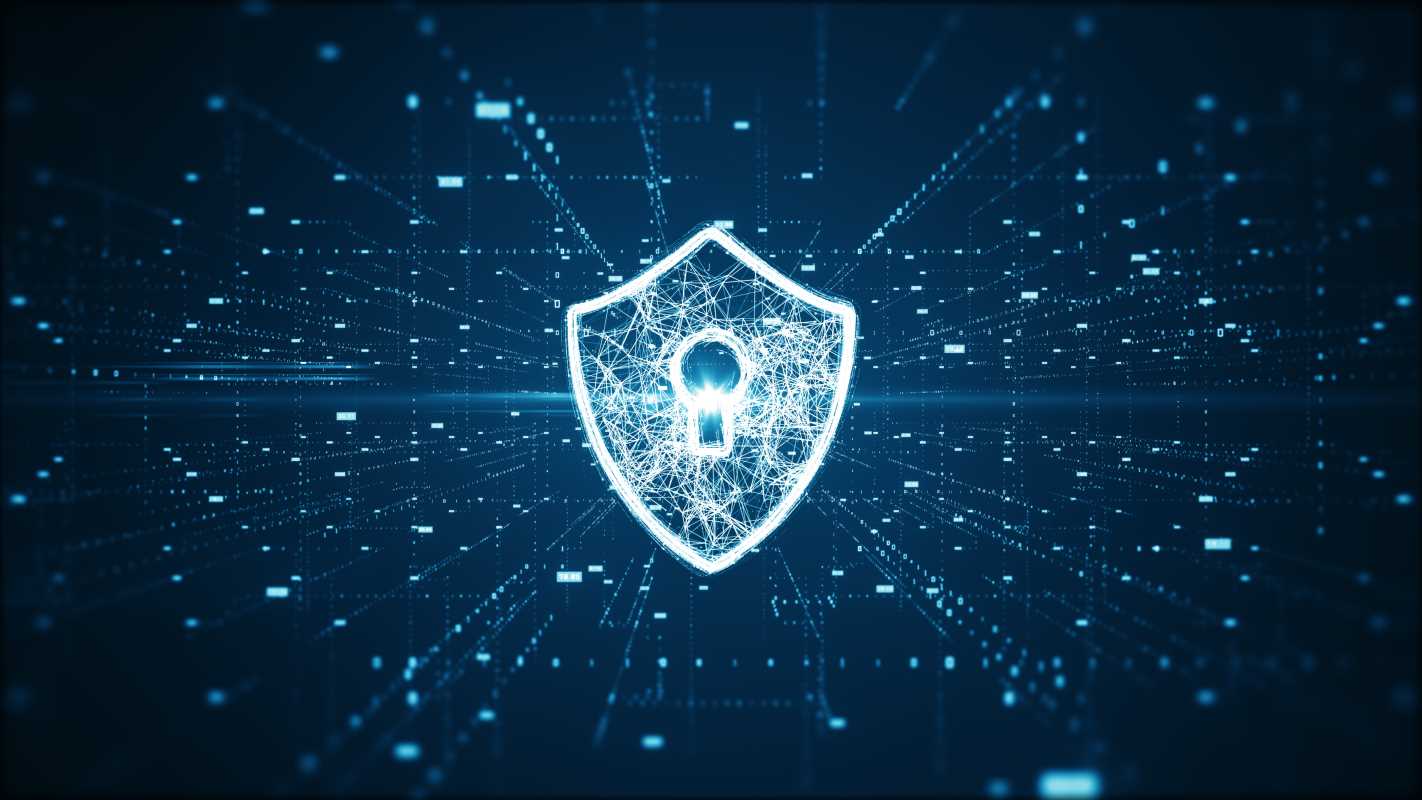The world of finance is changing, and technology is leading the charge. One of the most talked-about innovations is blockchain, the secure digital ledger technology that powers cryptocurrencies like Bitcoin. But its potential goes far beyond digital money. Financial institutions are exploring blockchain for everything from faster international payments to more secure stock trading. As this technology becomes more integrated into the industry, a new skill gap is emerging. Companies need finance professionals who understand it.
What is Blockchain and Why Does Finance Care?
Before we talk about certifications, let's quickly break down what blockchain is. Imagine a digital notebook that is copied and spread across thousands of computers. Every time a new transaction happens, it's added as a "block" to this "chain." Because the notebook is shared and secured by complex math (cryptography), it's incredibly difficult to alter or cheat. This creates a system that is both transparent and highly secure.
The financial industry is built on trust and security, so it's no surprise that blockchain is a big deal. Traditional finance often involves many middlemen—banks, clearinghouses, and regulators—which can make processes slow and expensive. Blockchain technology offers a way to streamline these operations. It can be used for:
- Faster Cross-Border Payments: Sending money internationally can take days. Blockchain can potentially reduce this to minutes.
- Trade Finance: It can create a secure, shared record of a shipping transaction, reducing fraud and paperwork.
- Stock Trading (Tokenization): It allows for the creation of digital tokens that represent ownership of real-world assets like stocks or real estate, making them easier to trade.
- Compliance and Auditing: A permanent, unchangeable ledger makes it easier for regulators to track transactions and guarantee compliance.
Financial firms are investing billions into this technology, creating a demand for professionals who can bridge the gap between traditional finance and this new digital frontier.
The Value of a Blockchain Certification
A finance degree is still essential, but it may not cover the specific, practical knowledge of blockchain that employers are now seeking. A certification acts as proof that you have taken the initiative to learn these in-demand skills. It’s a powerful signal to hiring managers that you are a forward-thinking candidate who is ready for the future of finance.
A good certification does more than add a line to your resume. It gives you a structured way to learn complex topics. It provides you with the vocabulary to speak confidently about blockchain with both technical and business-minded colleagues. For finance professionals, this is crucial. You need to understand how the technology works and how it can be applied to solve real-world financial problems and create business value.
Key Certifications for Finance Professionals
Several organizations offer reputable blockchain certifications. Some are broad, while others focus on a specific platform or application. For someone in finance, the best credentials are often those that balance technical concepts with business strategy.
Here are some top certifications to consider:
- Certified Blockchain Expert (CBE): Offered by the Blockchain Council, this is a widely recognized credential that provides a strong foundational understanding of blockchain technology and its applications across various industries, including finance.
- Certified Blockchain and Finance Professional (CBFP): This certification is specifically designed for the finance sector. It covers topics like decentralized finance (DeFi), cryptocurrencies, and how blockchain impacts banking and capital markets.
- Certified Ethereum Professional (CEP): Since many financial applications are being built on the Ethereum platform due to its smart contract capabilities, this certification can be highly valuable. It shows you have a deep understanding of one of the most important blockchain ecosystems.
- University-Backed Programs: Top universities like MIT, Cornell, and Duke are now offering professional certificate programs in blockchain. These carry the weight of a major academic institution and often focus on the strategic business implications of the technology.
What Skills Will You Learn?
Pursuing a blockchain certification will equip you with a unique blend of technical and financial skills. This hybrid knowledge is exactly what makes you so valuable in the job market. You'll move beyond knowing your company's balance sheet to understanding how technology can fundamentally change it.
Skills you can expect to gain include:
- Understanding Distributed Ledger Technology (DLT): You’ll learn the core concepts of how blockchains are built, including nodes, consensus mechanisms, and cryptography, in a way that is easy to understand.
- Smart Contracts: You'll learn what smart contracts are—self-executing contracts with the terms of the agreement directly written into code—and how they can automate complex financial agreements.
- Decentralized Finance (DeFi): You will dive into the world of DeFi, learning about concepts like decentralized exchanges, lending protocols, and yield farming.
- Risk Management: You'll understand the new types of risks associated with blockchain and digital assets, including security vulnerabilities and regulatory uncertainty.
- Business Application Analysis: Most importantly, you will learn how to analyze a business process and determine if a blockchain-based solution is a viable and valuable option.
New Career Paths Unlocked by Blockchain Skills
Having a blockchain certification on your resume opens doors to new and exciting roles within the finance industry. These positions often sit at the intersection of finance, technology, and strategy.
Some of the emerging career opportunities include:
- Blockchain Strategist: This professional advises financial institutions on how to incorporate blockchain technology into their business models.
- Digital Asset Analyst: Similar to a traditional financial analyst, this person researches and analyzes cryptocurrencies and other digital assets for investment purposes.
- DeFi Product Manager: This role involves developing and managing new financial products and services built on decentralized platforms.
- Risk and Compliance Specialist (Blockchain): These experts focus on navigating the legal and regulatory landscape of digital assets and ensuring that a firm's blockchain initiatives are compliant.
Getting started on your certification journey is more accessible than ever. The financial industry is on the cusp of a major technological shift. By earning a blockchain certification, you are positioning yourself as a leader in the next generation of finance, ready to guide your organization and your career into a more efficient, secure, and decentralized future.
 (Image via
(Image via





